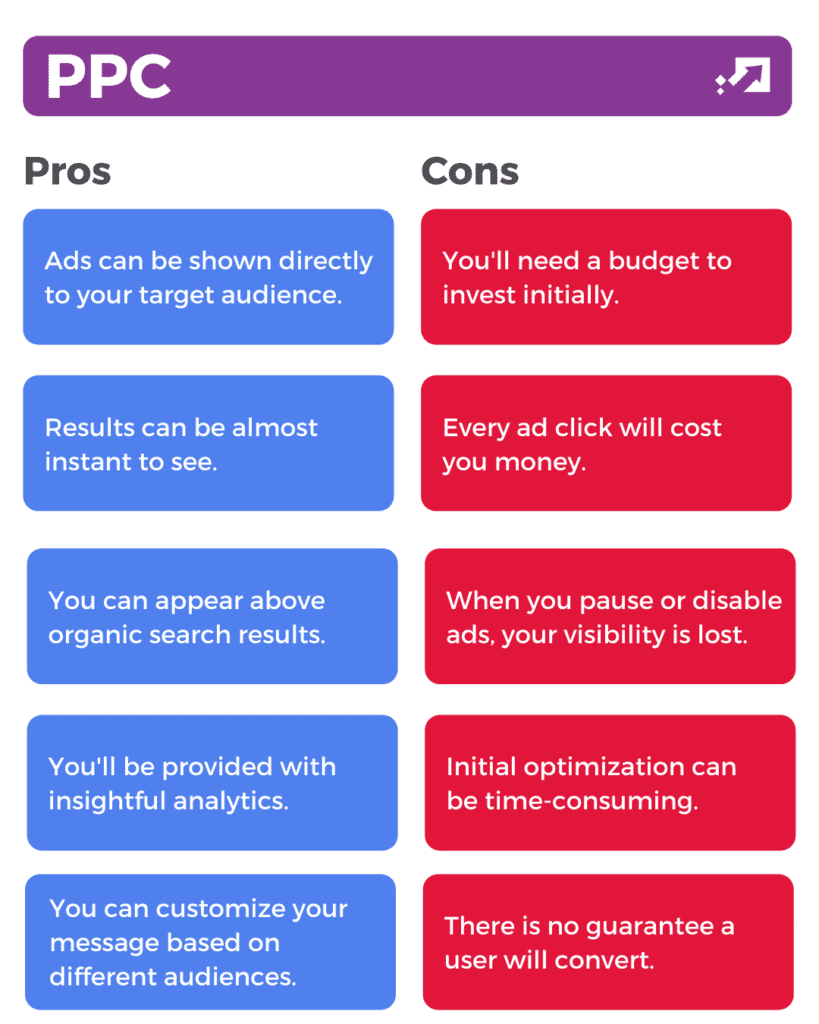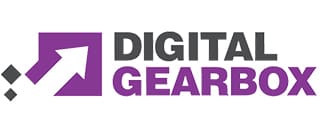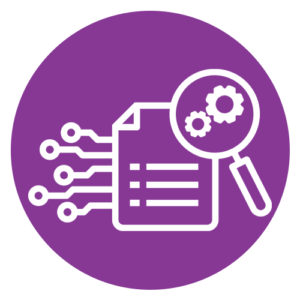In this article, we’ll cover in simple (non-digi-geek-speak) terms what pay-per-click actually is, what the pros and cons are, and how you can benefit from it as a business.
What Is Pay-Per-Click?
Pay-per-click (PPC) is a popular form of digital marketing that exists on the internet, in which advertisers (businesses from across the world) get the opportunity to display their ads directly in front of potential customers on the search engine results page, as well as other websites. The name ‘pay-per-click’ means what it says: you only pay per each click that your ad receives.
For example, if you receive 0 clicks, you’ll pay nothing, even if your ad has been seen over a thousand times.
This is appealing for both big and small advertisers alike, but in particular small-medium businesses who are keen on the low barrier to entry… there is no need to pay an outright sum for running a time-limited ad, as in marketing methods such as print advertising.
In addition to this low barrier to entry, performance can also be accurately measured and reported due to advanced online analytics tools, such as Google Analytics, which connects directly with Google Ads. There are a range of pay-per-click ad types, all of which vary depending on the host platform.
Paid Search Ads
One of the most popular ad types are Paid Search Ads. These appear when people search for specific phrases or words (chosen by the advertiser) on search engines such as Google. Paid Search enables advertisers to appear above the organic (non-paid) search results, which is a massive bonus when it comes to stealing your competitors’ limelight.
Remarketing
Another useful form of pay-per-click advertising is called Remarketing. This is the ad type responsible for the ‘my iPhone is spying on me’ conspiracy theories. In reality it is simply down to the fact that when you visited a site previously you enabled a cookie, which allowed that site to then display ads to you (reminding you of their services) on websites elsewhere, which are part of the Google Display Network.
Although this may sound a bit “Big Brother”, Remarketing can be a super useful form of PPC to gain back lost leads and customers, and bring them further down the sales funnel.
The ultimate goal of pay-per-click advertising is to send a user on the internet through to your website or app, where they can complete an action called a ‘conversion’ – such as submitting a lead form, or purchasing a product.
What Are The Pros And Cons Of PPC?
Although we would love to tell you that pay-per-click is full of nothing but joy and happiness, it isn’t that simple.
As with anything, there are downsides to pay-per-click advertising that you should be aware of before you start splashing your cash on paid ads.

One of the biggest pros of pay-per-click advertising is the ability to directly target a particular audience. This can enable you to localise and adjust spend on different audiences, and exclude any irrelevant audiences. For example, you wouldn’t want to be a local butcher advertising to a vegan community, or a retirement company advertising to 18-year olds.
One drawback of pay-per-click advertising is the initial optimisation work, and how long this can take to implement. If you’re spending a lot of money, your ads will gain a lot of data, of which will need to be reviewed and looked through. As time-consuming as this stage sounds, it is crucial to PPC success, otherwise you could be wasting money on irrelevant terms, audiences, and placements (websites where ads can show).
How Can I Start PPC’ing?
The answer is simple. Anybody can register and set up an account with the major pay-per-click platforms, such as Google Ads, Microsoft Ads, and Facebook’s own Facebook Ads (which also allows you to show on Instagram).
Once you’re set-up, you’ll realise that there is a whole dashboard that you’ll need to get familiar with. Don’t be overwhelmed by this, as once you get to know it, it’ll be a piece of cake.
Once you’ve mastered the dashboard, the learning doesn’t stop. In the PPC world, there are many confusing terms to newbies which may stand out.
For example, what is the difference between ‘conversions’ and ‘all conversions’? Check out our beginners guide to all the confusing terms.
Once you’ve mastered the dashboard, understood each metric, and created your campaigns, you’ll need to create some ads. If you’re creating Search ads, they’ll be triggered by certain keywords that the user searches for. For example, if you’re advertising handbags made by Louis Vuitton, your keyword may be [Louis Vuitton Handbags].
Google will give you a choice between Broad, Phrase, and Exact match to set your keyword as, but which is right for you? You can learn more about these match types in our complete guide
One more crucial thing to consider is how to set measure your goals. If you want to accurately measure how well your campaigns are performing and what your ROI is looking like, then this is the most important step for you. In PPC, we call it ‘Conversion Tracking’, which accurately tracks when a user converts off the back of your advert. To learn more about conversion tracking, be sure to read our How to Set & Measure PPC Goals’ article.
Conclusion
Pay-per-click is a great method of online advertising that can generate quality leads and sales, whilst keeping costs low. From reaching your specific target audience to standing out from the crowd, pay-per-click advertising can enable you to market your business in a way not possible through other, traditional advertising methods. It’s also super measurable, meaning you’ll be able to report on performance accurately and precisely, maintaining in-depth data from start to finish.
Pay-per-click is suitable for a wide variety of businesses, from local start-ups to online eCommerce superstores. We’d recommend you head over to the Google Ads homepage to take a look at how you can get the ball rolling on your PPC journey.
If, however, pay-per-click sounds appealing to you but too time-consuming, then feel free to get in touch
We pride ourselves on delivering more traffic, leads, and sales for businesses across the world, using PPC platforms on Google, Facebook and LinkedIn to turn dreams into a very profitable reality.
Feel free to reach out to our expert team here to see how we can help you achieve your PPC goals.








